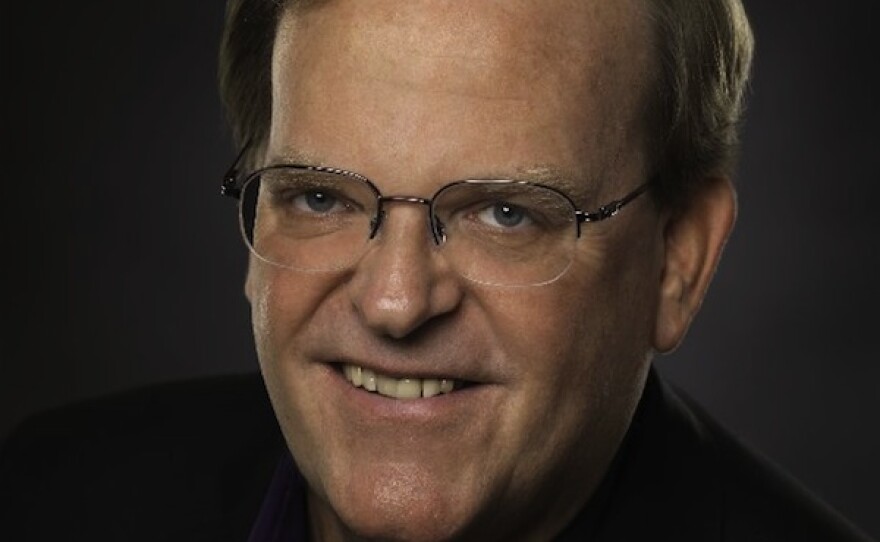Black History Month would not be complete without acknowledging R. Nathaniel Dett, one of the most successful black composers. An authoritative new recording of his complete piano works by Clipper Erickson shines a welcome light on a major portion of Dett’s output.
Dett was distinguished as a choir leader, pianist, teacher, poet, and writer, as well as composer. Born in Drummondville (now Niagara Falls), Ontario in 1882, Robert Nathaniel Dett moved with his family to Niagara Falls, New York in 1893 and at that young age took up the piano. He attended local music conservatories, and then became the first person of African descent to graduate from Oberlin, in 1908, with a degree in piano and composition. He studied with composer Arthur Foote at Harvard in the early 1920s, and earned his Master's Degree from Eastman in 1931, following studies in France with Nadia Boulanger.
Clipper Erickson's recording of Dett's complete piano music has the ring of authenticity.
But in 1913 Dett became the first black director of music at the Hampton Institute in Virginia, a position he held until 1932. He founded Hampton’s School of Music and several of their performing ensembles. One of his most praised choral works, the oratorio The Ordering of Moses, premiered at the Cincinnati May Festival in 1937 with 350 singers and the Cincinnati Symphony, conducted by Eugene Goosens. Dett toured Canada and the U.S. with the chorus of Bennett College (North Carolina) in the late '30s and early '40s, but died of a heart attack in 1943 while traveling with the chorus of the U.S.O. to contribute to the war efforts.
Dett is really the first American composer to fuse Negro folk music and spirituals with the European classical tradition in an elevated, highly refined way. His essay, “The Emancipation of Negro Music” won him Harvard University’s prestigious Bowdoin Prize in 1920.
Dett composed his six piano suites over the course of his creative life. The earlier suites depict scenes of life and nature in the black American South and make use of ragtime, folk song, and popular dance rhythms of the day. Dett’s gift for innovative and compelling melodies, combined with well-placed virtuosic writing, give these early works an immediate attractiveness.
The later suites reflect his growing preoccupation with poetic and philosophical ideas and ideals. They employ more modern ideas in the use of complex rhythms, impressionistic colors, and dissonance, while retaining an assured and poetic melodic line and more than an occasional reference to the Negro spiritual. This is indeed music on a high level of sophistication and inspiration. Even Dett’s earliest ragtime pieces aim for an appeal beyond that of the masses in their degree of melodic and rhythmic inventiveness. No less a figure than pianist/composer Percy Grainger championed Dett’s best known piece, the suite In the Bottoms.
Clipper Erickson’s recording of Dett’s complete piano music has the ring of authenticity. The Temple University pedagogue has lived with this music for some time, having completed his doctorate at Temple on Dett’s piano compositions, and the expertise shows. Erickson lets the bold melodies resonate, and he revels in the rhythms. He knowledgeably captures the sweep of Dett’s musical visions, be they romantically steeped or more abstract in nature.
Clipper Erickson makes a convincing case that this music deserves a place in the canon of early 20th-century piano works, and that Nathaniel Dett is truly worthy of consideration and respect.



